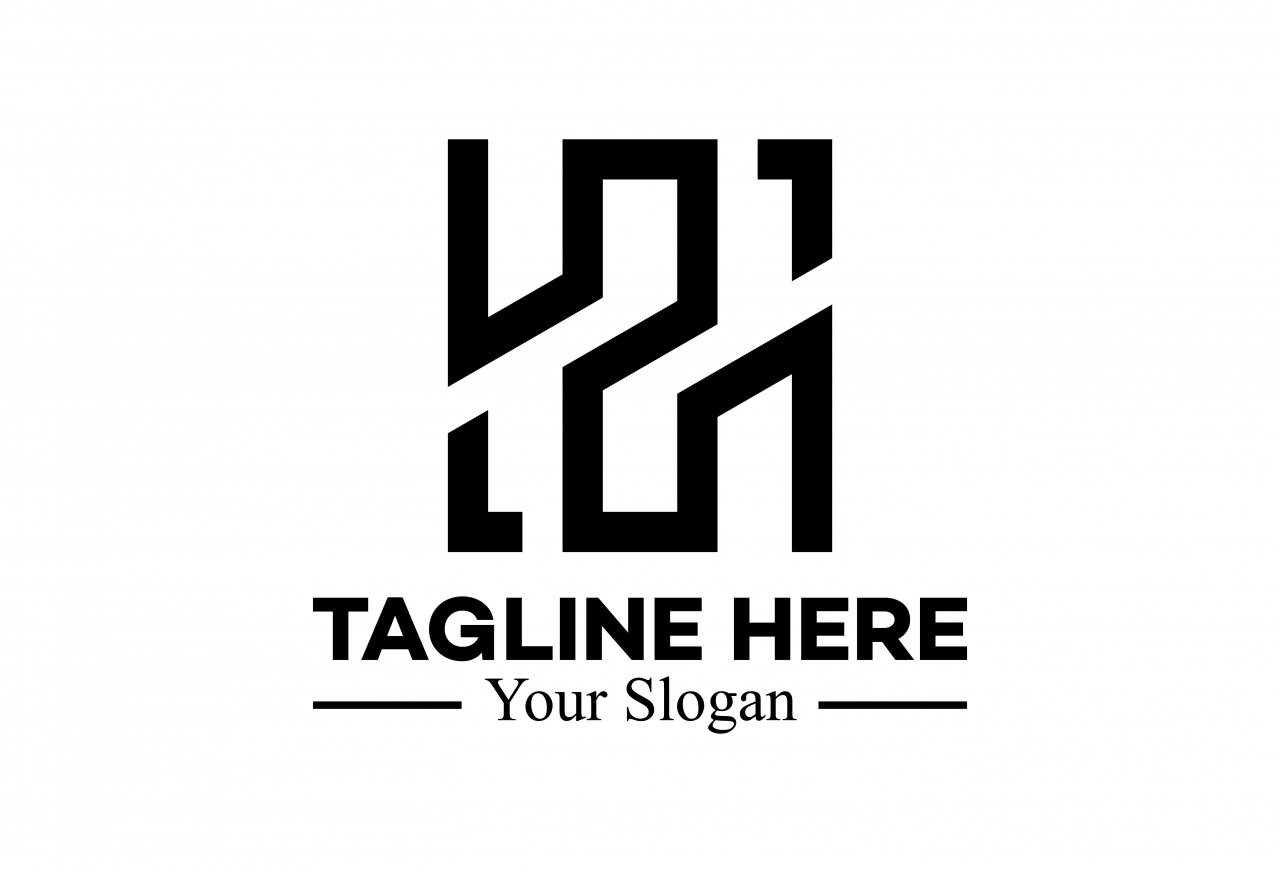Chinese firms fight to lure top artificial intelligence talent from US
- Updated on: 2017-04-03
- Read original article here

Before each job interview, Alex Ren offers the following advice to his clients to ensure their success: “Be humble and appreciate the opportunity to fully demonstrate your strength and what you can offer”.
The advice is not for potential employees. Rather, it is for Chinese technology companies trying to hire top-tier Silicon Valley talent in artificial intelligence (AI) in competition with the likes of Alphabet, Uber Technologies and Facebook.
“Chinese companies are obsessed with hiring Silicon Valley talent because wining talent here is like reaching the commanding heights of the AI battlefield,” said Ren, founder of TalentSeer, a San Francisco-based headhunting company focused on AI expert recruitment.
“The surging demand has pushed up salary packages for those experts, making the competition to lure AI talent much fiercer. That’s why I tell Chinese companies, especially those that are not very well known, they must fight for talent the way they fought for investors,” he said.
In the first quarter of this year Ren’s firm has received requests to fill 200 AI positions – half from Chinese firms and half from US firms – but can only fill four to five openings every month due to the shortage of talent.
The future is here: China sounds a clarion call on AI funding, policies to surpass US
Boasting the world’s largest internet market with 731 million web users, plus huge data processing needs and some of the biggest tech giants in the world, many Chinese firms see talent as their weak spot in the battle to surpass US counterparts as leaders in a wide range of sectors from autonomous driving to voice recognition.
Chinese companies such as Beijing-based online search giant Baidu, which has hired some high-profile AI experts from the US, see an unprecedented opportunity to hire more talent from Silicon Valley in the wake of US President Donald Trump’s restrictive immigration policy.
Two of Baidu’s top hires in AI include Google Brain founder Andrew Ng – who quit in March after three years – and Lu Qi from Microsoft.
“About one fourth of US high-tech firms are founded by immigrants [and they are] upset by Trump’s policies,” Liu Qingfeng, chairman of Shenzhen-listed voice intelligence specialist iFlyTek, said in March. “It’s the perfect time for China to offer an olive branch to attract global talent on AI.”
Baidu is setting up a second research and development facility in Silicon Valley, adding 150 employees. The company, which is competing with Alphabet in producing driverless cars, kicked off its first overseas campus recruitment campaign on Tuesday, visiting top US research universities such as Carnegie Mellon, Berkeley and Stanford to boost its AI talent pool.
China must woo top tech talent turned off by Trump, says Baidu chief
Chinese ride-hailing giant Didi Chuxing, rival to Uber, in March set up its own Silicon Valley-based research institute, in Apple’s home town of Cupertino, as part of an effort to recruit specialists in AI and other fields that apply to intelligent driving technologies.
“Apart from top-tier Chinese tech firms, start-ups in China have also shown interest in hiring chief scientists to lead their AI progress as they are afraid of being left behind,” said Wendy Mu, managing partner of ManPower Group China, a human resources consulting firm providing headhunting services.
However, Ren said it’s not going to be an easy win for Chinese companies when they have to compete with deep-pocketed US tech giants.
“Listed western firms with huge market valuations are writing fatter and fatter cheques to lure talent and their employee stock option schemes can hardly be beaten by Chinese firms,” he said, adding that a newly graduated PhD in AI and related disciplines working in Silicon Valley can earn up to US$1 million a year, including options.


